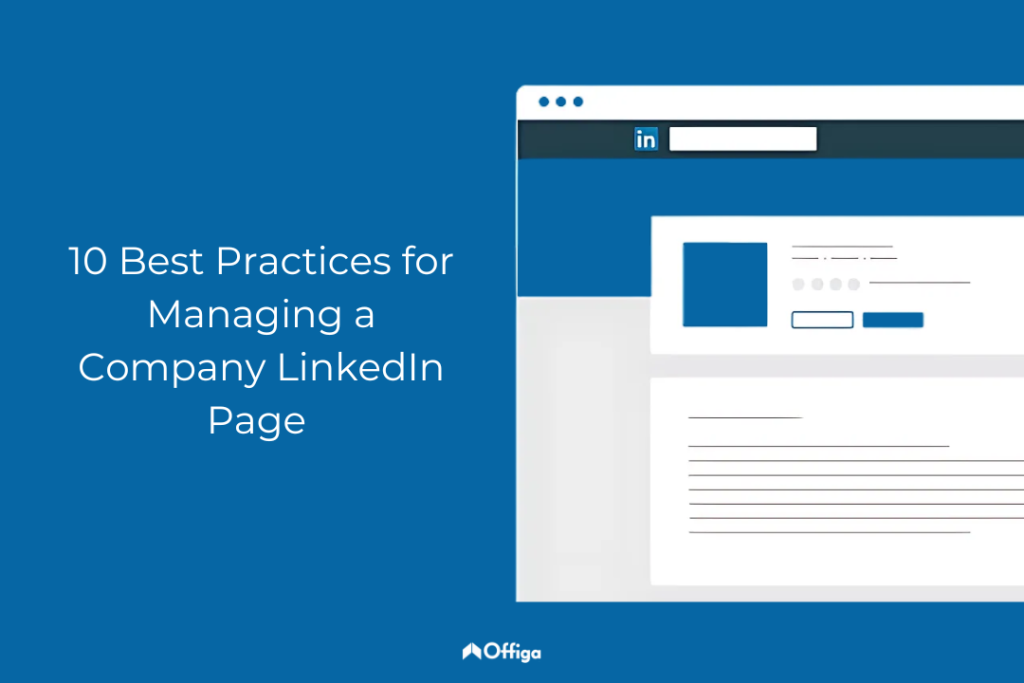A strong company culture is more than just perks and benefits; it’s the beating heart of a successful organization. It fosters employee engagement, attracts top talent, and drives innovation. Here are 7 actionable tips for HR managers to cultivate a thriving company culture:
- Define and Communicate Clear Values: Clearly define and consistently communicate your company’s core values. These values should guide decision-making, shape employee behavior, and inform all aspects of the company culture. A study by McKinsey & Company found that companies with strong values are more likely to attract and retain top talent, achieve higher levels of employee engagement, and outperform their competitors.
- Prioritize Employee Recognition and Rewards: Regularly recognize and reward employee contributions. This could include employee-of-the-month programs, public praise, bonuses, or even small tokens of appreciation. A Gallup study found that employees who feel recognized are 50% more likely to stay with their company.
- Foster Open Communication and Feedback: Create an open and transparent communication environment where employees feel comfortable sharing their ideas, concerns, and feedback. Implement regular feedback mechanisms, such as employee surveys, one-on-one meetings with managers, and suggestion boxes. A study by Glassdoor found that 76% of employees believe that open and honest communication is crucial for a successful workplace.
- Invest in Employee Growth and Development: Provide ample opportunities for employee growth and development. This could include training programs, mentorship programs, tuition reimbursement, and opportunities for career advancement. A LinkedIn Learning report found that 94% of employees would stay longer at a company that invests in their development.
- Promote Work-Life Balance: Encourage employees to maintain a healthy work-life balance by offering flexible work arrangements, generous vacation time, and supporting employee well-being initiatives such as wellness programs or on-site fitness centers. A Harvard Business Review article emphasizes the importance of work-life balance for employee happiness and productivity.
- Build a Strong Sense of Community: Organize team-building activities, social events, and volunteer opportunities to foster camaraderie and a sense of belonging among employees. A study by Owl Labs found that 75% of employees believe that social connections at work are important for their overall happiness.
- Lead by Example: Leaders play a crucial role in shaping company culture. Leaders should model the desired behaviors, communicate openly and honestly, and demonstrate genuine care and concern for their employees. A study by IBM found that employees are more likely to trust and respect leaders who demonstrate strong ethical behavior and lead by example.
By implementing these strategies, HR managers can create a positive and engaging work environment that attracts and retains top talent, drives employee satisfaction, and ultimately contributes to the overall success of the organization.




